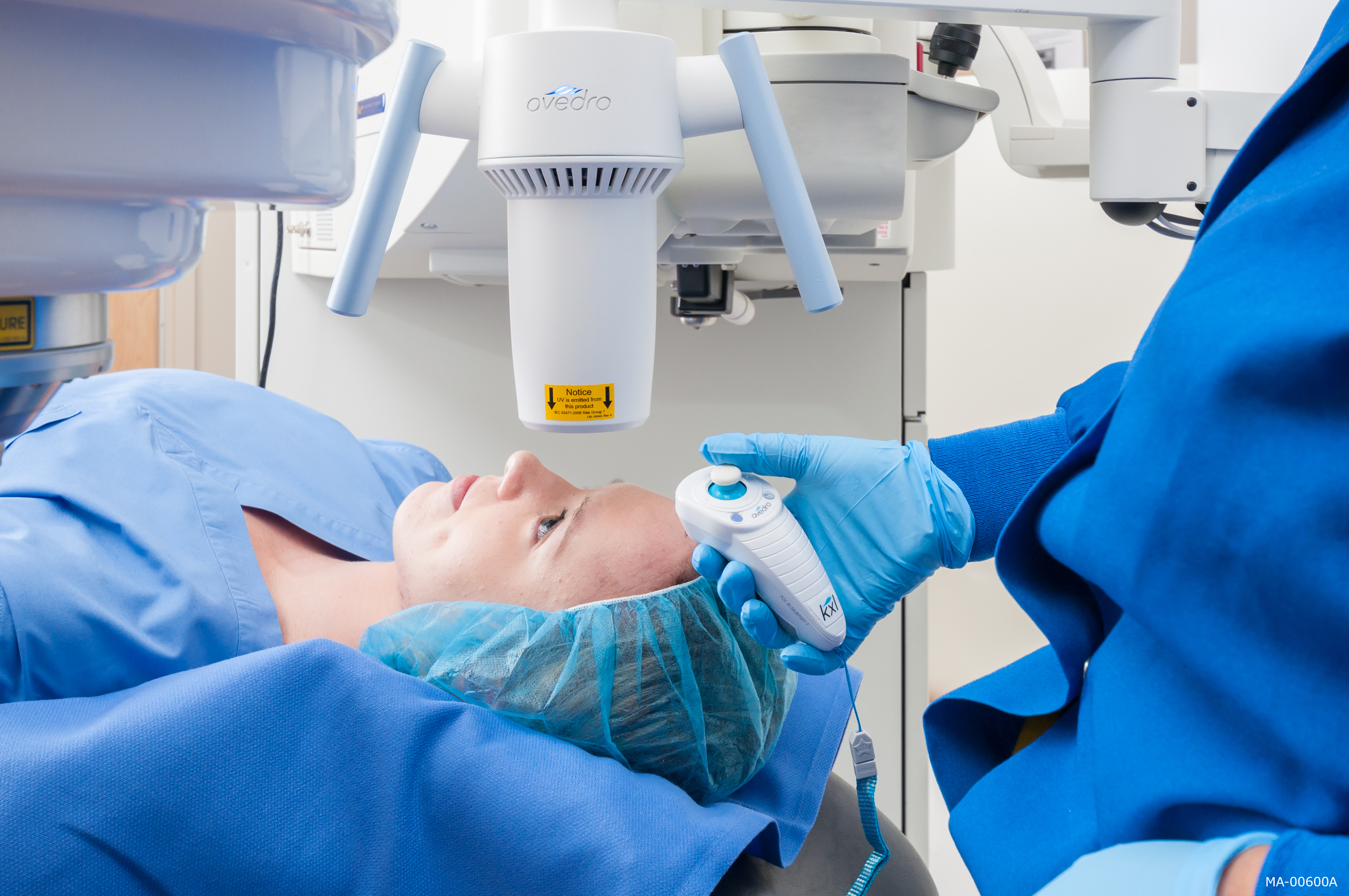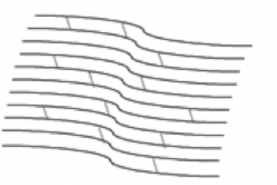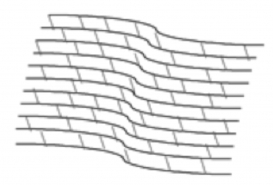Corneal Collagen Crosslinking
Philadelphia Eye Associates is proud to now offer Corneal collagen crosslinking, also known as CXL or KXL. This is a revolutionary treatment for progressive keratoconus, a disease of worsening near-sightedness and astigmatism that if left untreated can lead to blindness. Click here for frequently asked questions about keratoconus.
What Is Corneal Collagen Crosslinking (Cxl/Kxl)?
Corneal collagen crosslinking, otherwise known as CXL or KXL, is a highly effective treatment for stopping vision loss from keratoconus. The technique utilizes a specialized UV light source and a photosensitizer, riboflavin (vitamin B2), to strengthen and stiffen an otherwise weak, floppy, and misshapen cornea. Click here for frequently asked questions about corneal collagen cross linking
Less Cross-Linking (Weaker)
More Cross Linking (Stronger)
History Of CXL
CXL has been used since 2003 in Europe, and have been widely employed across the world for over a decade. Well-controlled clinical studies have demonstrated this simple treatment’s remarkable ability to halt progressive keratoconus, a potentially blinding disease that typically affects young adults.
A New Treatment For Keratoconus
On April 18, 2016, the United States Food and Drug Administration recognized the safety and efficacy of corneal collagen crosslinking and approved it as a treatment for progressive keratoconus.
Prior to the availability of CXL as a treatment for keratoconus, the only proven therapy for the disease was corneal transplantation, a much more invasive procedure requiring a lifetime of care and caution. In countries where CXL has been available for years, the rate at which keratoconus patients have deteriorated to the point of needing transplantation has dropped dramatically. In Norway, for example, the transplantation rate among these patients has been cut in half.
Schedule Your Consultation
To schedule an appointment to determine if you qualify for CXL, call 215-339-8100 and ask for a corneal consultation for keratoconus with Dr. Brad H Feldman. You can also submit an online contact form on our website, and we’ll get back to you at our earliest convenience.
Contact us to learn more about our Custom Corneal Collagen Crosslinking procedure »



